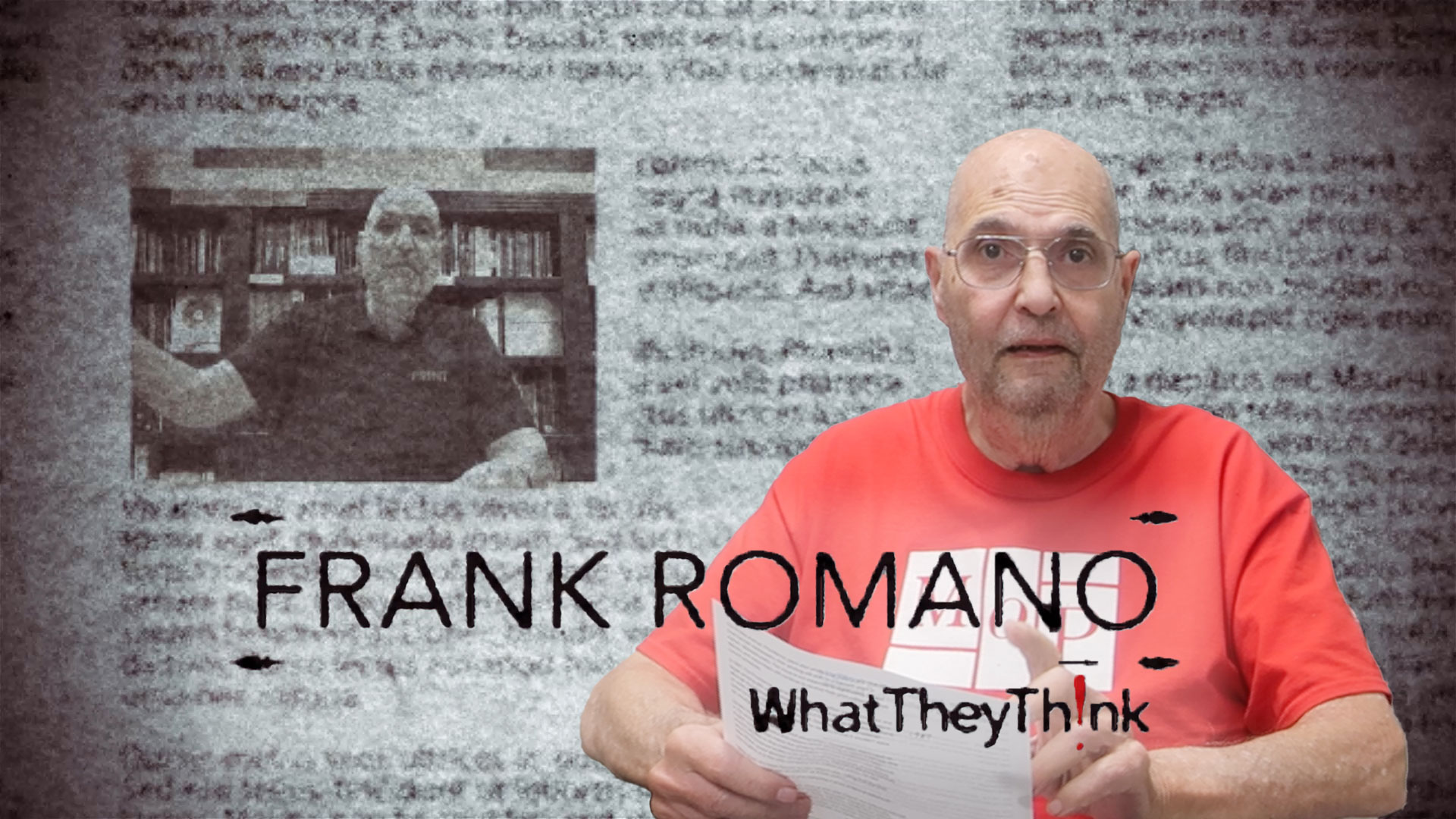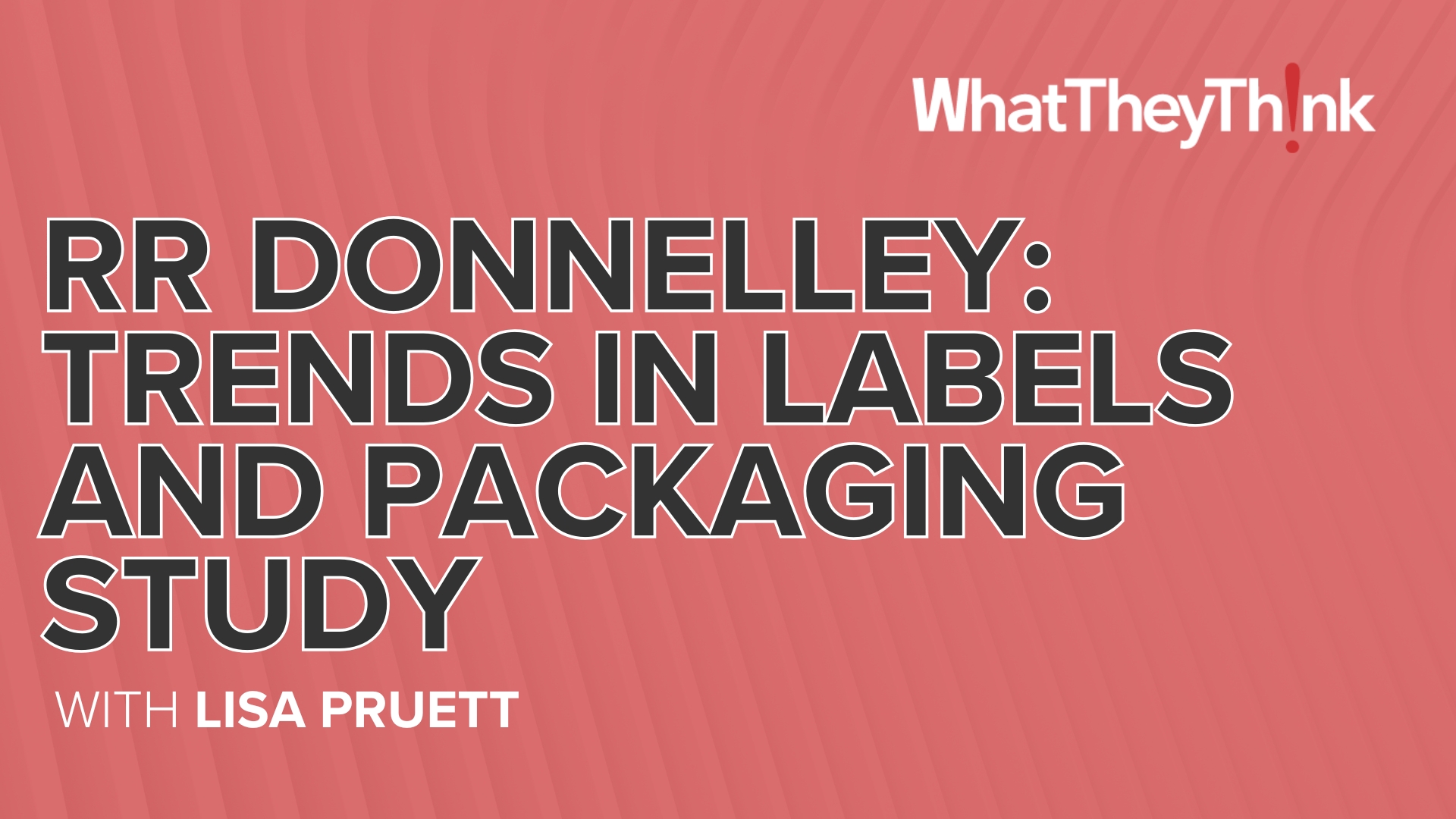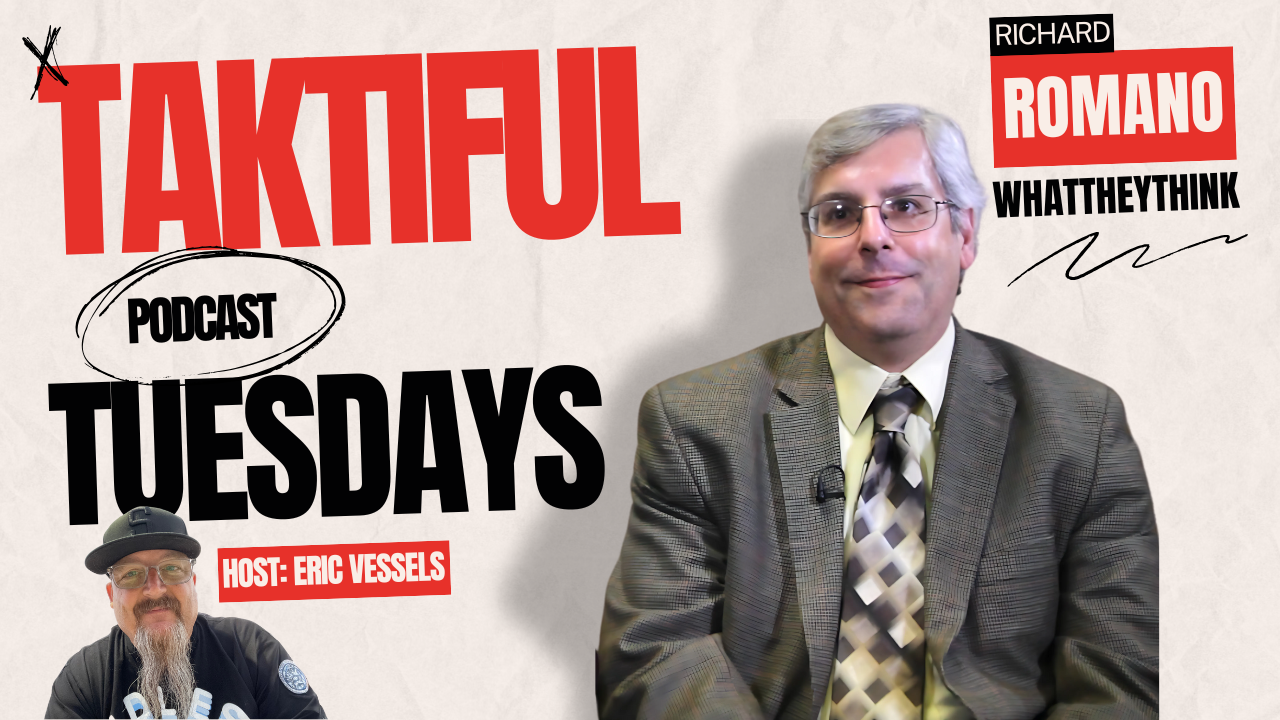Meeting Tomorrow's Sustainability Obligations - Today
Press release from the issuing company
Navigating the maze of legislation and green credentials can be confusing – but the rewards are worth it
As organisers of the London and Paris Packaging Weeks and Packaging Innovations, we get a good view of how the packaging industry evolves every year. If we had to sum up that evolution in one word, it would be: “quick”.
The industry is changing so quickly, in fact, that many areas on our show floors are nearly unrecognisable compared to what they were just five years ago. Half of that is down to the talent and creativity in the packaging sector that constantly drives progress forward. And the other half?
That would be down to constantly shifting regulations. What has been so brilliant about most of the packaging industry over the last few years is that it hasn’t simply sat back and complained about the new rules imposed on it – instead, it’s used regulation as inspiration for innovation. So how can businesses operate within the confines of today’s laws while also investing and preparing for what might come into force tomorrow? As is the case with most things, those who are best prepared will also be best placed to succeed. And that preparation starts with understanding.
EPR – easy as ABC?
The acronym ‘EPR’ might only be three letters long, but it spells out big changes for the packaging sector – and the businesses that depend on it. Extended producer responsibility – EPR for short – has been the talk of the business community for quite a while now. EPR does not refer to a specific set of laws itself, rather, it’s more of an umbrella term that covers a broad policy approach.
In other words, some specific details of EPR reforms in the UK may differ from those across the English Channel in France, even though the general aim is the same. So, depending on the markets your business operates in, you may be subject to slightly different packaging restrictions.
Broadly, though, EPR is about making businesses – not local authorities – responsible for the costs of waste disposal at end-of-life. For brands, converters, and other packaging industry stakeholders, that means packaging’s job does not end at the point of purchase. All packaging has to be designed with its end-of-life journey in mind, which in practice means it should be either recyclable, reusable, biodegradable, or compostable.
There is a lot of scope for exciting new innovations within all four of these categories, but we can’t discuss how to deal with EPR without first mentioning the other three-letter phrase that the packaging industry has heard a lot recently – “ban”. That’s because many countries have already implemented single-use plastic bans of varying scope, and many more are set to follow. India has gone all the way and banned all single-use plastic items. The UK has banned several categories of plastic items from foodservice outlets only, while France and Spain have banned plastic packaging on some types of fruit and veg.
While plastic will likely always have some sort of role in the future due to its performance and functionality, it’s clear that it will have to be used in a way that aligns with the circular economy. Again, this will mean incorporating it in packs that can be easily recycled or reused. Compostable packs will need to make use of bioplastics that break down quickly in composting conditions – either in a commercial facility or, ideally, in domestic compost heaps.
Green claims laws
The other key policy that will shape the future of packaging – at least in the European market – focuses on green claims. The UK’s Green Claims Code and the EU’s proposed equivalent look to fight greenwashing. In a world where consumer sentiment is so strongly behind sustainable packaging, it’s easy to see why brands would want to make bold claims about how eco-friendly their products are. But therein lies the problem.
In reality, there is no such thing as an eco-friendly product. Everything, no matter how carefully it is packed, uses some of our planet’s resources, and all of those resources come with a cost, even if they are renewable. Even if well-meaning, phrases like “eco-friendly” are at best clumsy and vague, and at worst outright misleading.
Green claims legislation means businesses will have to be clear and specific about any sustainability claims they make. That means using clear labelling to indicate which elements of a pack are recyclable, and how those elements can be recycled. If the pack is only part-made with recycled content, indicate what the percentage of recycled content is.
For those engaging with the spirit of the regulations in good faith, this should provide an opportunity to communicate the benefits of their products more clearly to an increasingly eco-conscious customer base. It means the future of packaging should be more transparent, as businesses that can be open, honest, and – most importantly - accurate about their product and packaging supply chains will be best placed for success.
Innovation is the key to success
This maze of regulations might sound restrictive, but it does offer great rewards if you can navigate it successfully. For one, it can inspire remarkable innovations of the kind we see at Packaging Innovations every year. Yes, balancing aesthetics, functionality, accessibility, and durability with sustainable design might prove challenging, but that’s how truly great packaging gets made.
We’ve already made great strides in developing packaging that makes more efficient use of our planet’s natural resources without compromising on pack performance. Recent innovations show that it’s possible to make recycled paperboard that has the aesthetic appearance and smoothness of bleached virgin board. New materials are being market-tested all the time, made from a range of materials – and a recent study even proved it is possible to successfully produce polyurethane using CO2, which has exciting applications in the fight against plastic waste.
The innovation doesn’t stop at the packs that will line the shelves of the future, either. Enhanced automation, AI, and machine learning are revolutionising the industry day by day, enabling more efficient processes, supply chains, and even consumer-facing innovations, such as multi-purpose vending machines that dispense products into refillable packaging that shoppers can use again and again.
Instead of viewing these regulations as restrictions, successful businesses will view them as a roadmap to success, guiding us towards the sparks of sustainable innovation that our future depends on.
And you can join us at the forefront of this innovation on the show floor at Packaging Innovations & Empack. Experience the best and brightest companies in the world, and some of today’s leading brands, all coming together under the same roof. Gather insights on the burning issues surrounding sustainability with a packed programme of talks at our Circular Economy Stage, network and catch up with industry colleagues, and get in on the ground floor of tomorrow’s innovations – today.
Register for a free visitor’s ticket here and join us at the Birmingham NEC on 21 & 22 February for Packaging Innovations & Empack 2024!
- Questions to ask about inkjet for corrugated packaging
- Can Chinese OEMs challenge Western manufacturers?
- The #1 Question When Selling Inkjet
- Integrator perspective on Konica Minolta printheads
- Surfing the Waves of Inkjet
- Kyocera Nixka talks inkjet integration trends
- B2B Customer Tours
- Keeping Inkjet Tickled Pink
© 2024 WhatTheyThink. All Rights Reserved.














